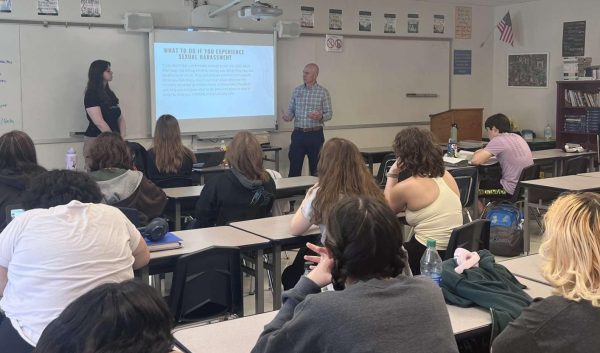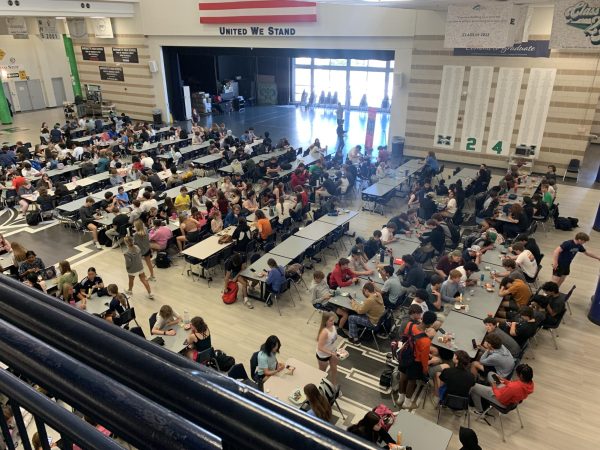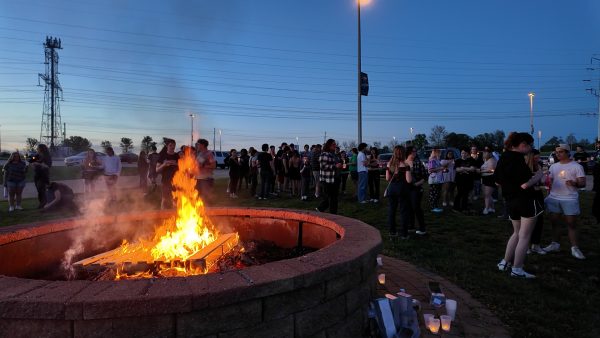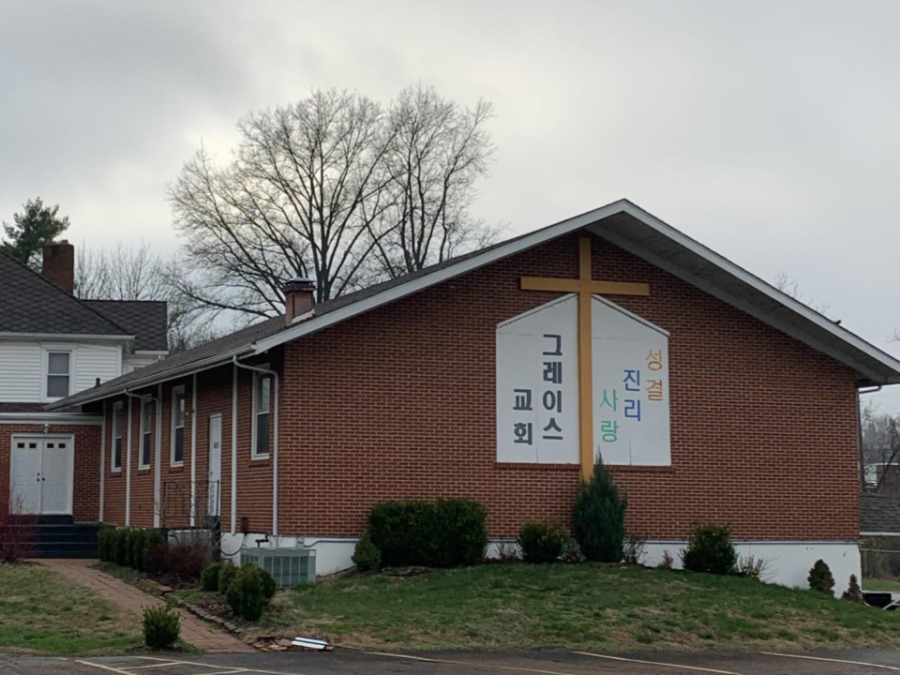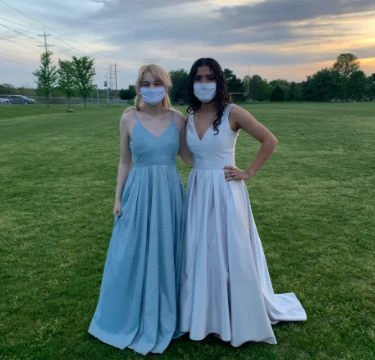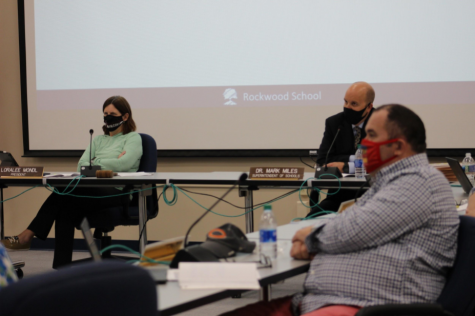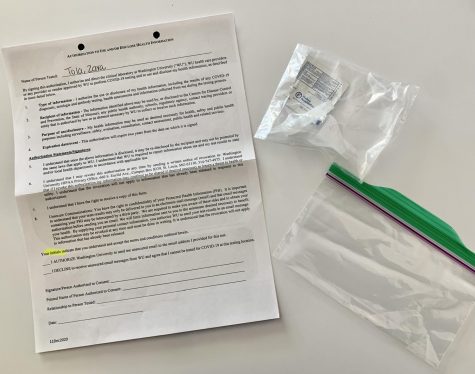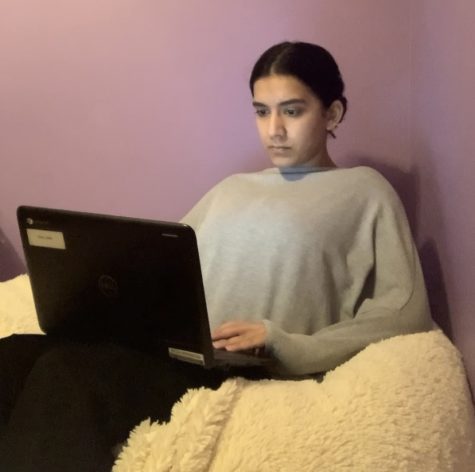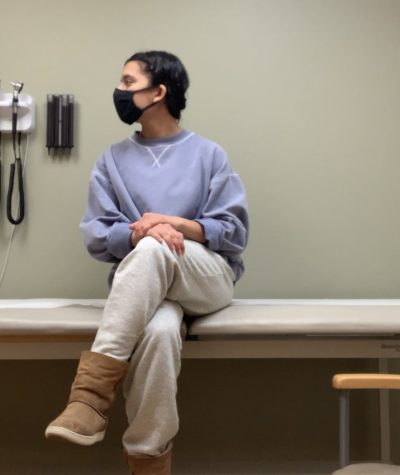COVID-19 Quarantine Hinders Religious Observances
Media by Zara Tola
St. Louis Grace of the Nazarene in Ballwin, where the Lee family resides.
While the rapidly spreading COVID-19 virus has postponed many traditional events, these forthcoming weeks of quarantine include several religious observances the public can’t necessarily reschedule.
Lent and Easter
Quinton Durer, senior, said his ongoing observation of Lent has been slightly inhibited as he has not been able to go to mass because of the quarantine.
“Masses are canceled as well as youth group, so I am missing out on a little bit of the community aspect,” Durer said. “However, me and a bunch of other teens from my church have started online groups, and we’ve been praying rosaries everyday virtually for the world, as well as just hanging out and goofing off.”
As a devout Catholic, Durer said the biggest limitation from not being able to go to mass has been not being able to receive the Eucharist, the precious body and blood of Christ.
“There isn’t really a way to distribute the Eucharist to everyone during this time,” Durer said. “We’ve always had a couple people who would take it to the sick, but there isn’t a way to transport it on a large scale, since it is literally the flesh and blood of God, and you have to handle it with care.”
Additionally, Durer said his Lenten fast has not been affected by COVID-19, but that traditional Easter celebrations will be severely impacted by the virus.
Although Durer regards Easter as the most important day in the Catholic calendar, he said the decision ultimately was made to cancel all Catholic masses, including Easter mass.
“Having Easter Vigil mass canceled is really hard since a lot of people who are converting to Catholicism receive their sacraments then, such as baptism, first Eucharist and confirmation,” Durer said. “They will have to receive the sacraments another time, and a big part of Easter will be missed.”
Jaeni Lee, junior, lives in St. Louis Grace of the Nazarene in Ballwin, with her twin sister Jaena Lee. Lee said COVID-19 has forced the church to have to do online congregations, but that her family still gathers for Bible study at home.
Lee’s father, Sungkil Lee, the church pastor, isn’t sure what to do about Easter celebrations because no one can predict if COVID-19 will get better or worse in Missouri.
Sungkil remains optimistic about the current online situation that churches have been using.
“It doesn’t bother me because it is another way to worship during this time,” Sungkil said. “So far, my church focused on the gathering aspect of worship. With COVID-19, it gave my church the opportunity to focus on their faith and worship separately.”
Passover
With the seven-day celebration of Passover coming in two weeks, Jews will have to celebrate the fundamental holiday quarantined in their houses, without the customary family gatherings.
Jordyn Lange, junior, said there has already been a profound effect on religious congregations with the closures of synagogues in the area due to COVID-19. Passover will be no exception.
Normally, Lange’s family has a big family seder, typically with around 17-21 people in attendance. However, Lange said they must adjust their traditions to comply with the ongoing stay-at-home order in the area, which is currently set to end at the end of the day on Wednesday, April 22.
“That is currently not allowed and my older relatives can’t leave their houses,” Lange said. “Because of this, I believe that my entire family will do a Zoom or FaceTime call on the first night of Passover to help celebrate together.”
With Lange’s family unable to physically convene for the seder, the Passover traditions that take place at the seder, like eating bitter herbs to symbolize the suffering of the Israelites as slaves, will not be done in a large congregation as they customarily are.
Religious Pilgrimage and Ramadan
Ayesha Kazmi, junior, said that for Muslims across the globe, there has been a large impact on religious practices.
Specifically, religious pilgrimages to the holy city of Mecca can no longer be completed as precautions have been taken to limit the amount of visitors.
“The house of God is no longer surrounded by hundreds of thousands of worshippers, just a few could be seen around,” Kazmi said. “The area around the Ka’bah has been closed and large barriers were brought up to prevent people from having contact with the house of God.”
Locally, mosques have shut down and Friday prayers have been cancelled, leaving many to watch online sermons and pray at home.
Kazmi said the upcoming holy month of Ramadan could also vastly change because of the ongoing mosque closures and the fact that Muslims won’t be able to gather for communal meals before and after fasting.
At Kazmi’s local mosque, the Daar-ul-Islam mosque, when people are finished with iftar, they gather for Taraweeh. Usually, by the end of Ramadan, the entire Qur’an has been recited through the nightly Taraweeh prayers, but with the quarantine halting public prayers, it is unknown as to whether the mosque will be able to maintain this tradition this year.
“It really is saddening because families won’t be able to see or pray side by side with their friends and people in their community at the mosque,” Kazmi said. “The mosque is really where everyone goes after they break their fast. It has a nice, calming and peaceful vibe to it.”
Nevertheless, Kazmi said the harsh impact the COVID-19 outbreak has had on society is a reminder to have sympathy for other people and try to be better as a community.
“Mankind should not let their hearts harden. We should stop and become better,” Kazmi said. “As for now, it is our duty to pray for those who are sick and feel for one another. It is our duty to reach out to someone who is not well.”
Your donation will support the student journalists of Marquette High School. Your contribution will allow us to purchase equipment and cover our annual website hosting costs. You may become a PATRON by making a donation at one of these levels: White/$30, Green/$50, Blue/$100. Patron names will be published in the print newsmagazine, on the website and once per quarter on our social media accounts.
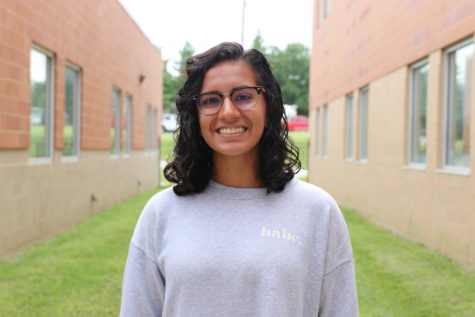
Zara Tola, senior, is copy editor for the Marquette Messenger. Zara can be seen frequently attending Board of Education meetings and community events for...




